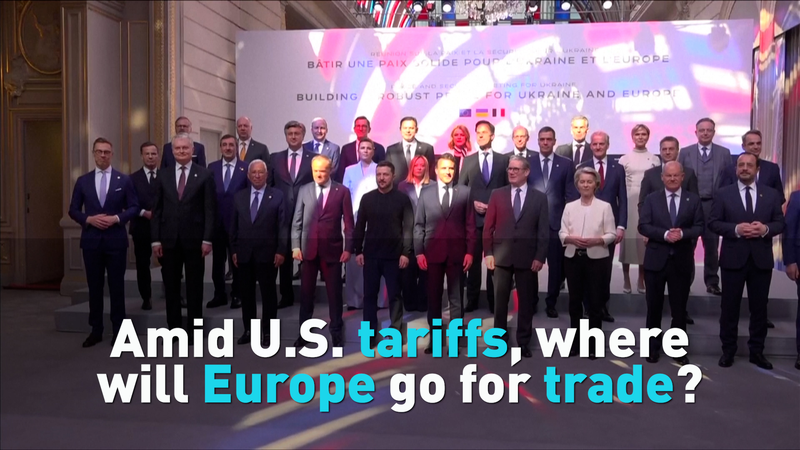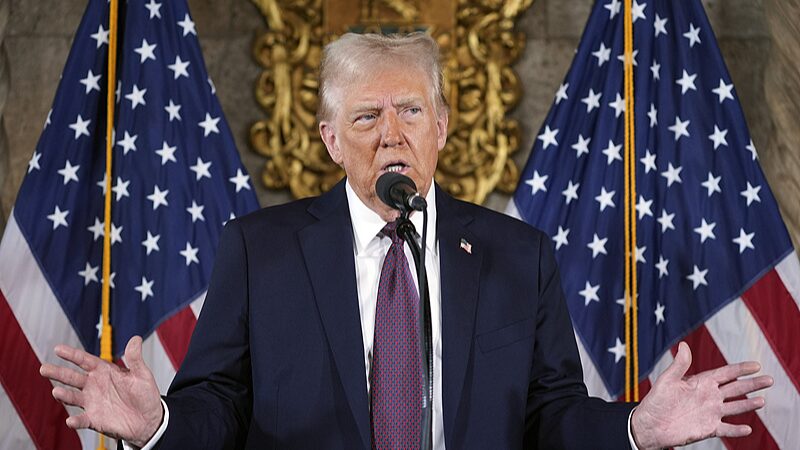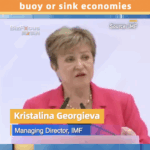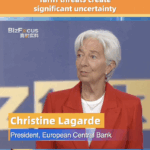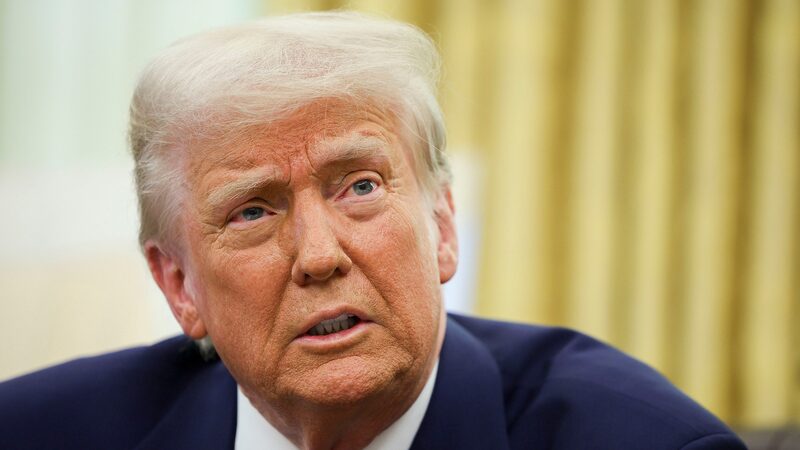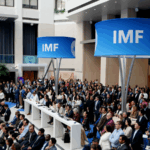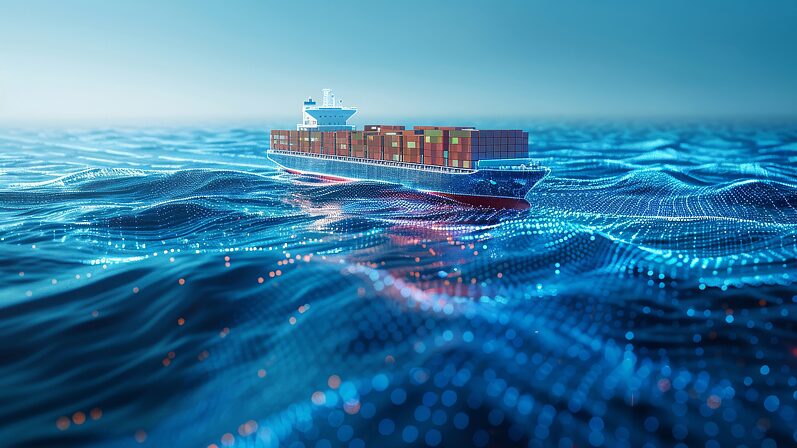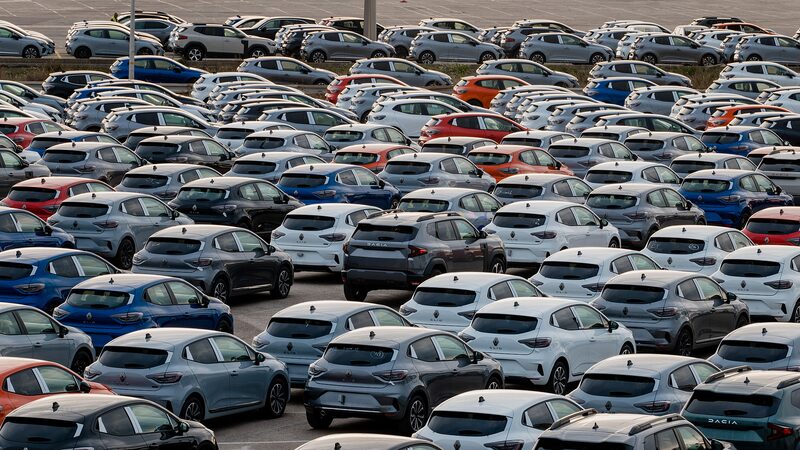As U.S. tariff threats strain historic alliances, European policymakers are grappling with one urgent question at this week’s IMF and World Bank Spring Meetings in Washington, D.C.: Where will the continent turn to secure its economic future?
The uncertainty surrounding President Donald Trump’s shifting trade policies has amplified debates over Europe’s next strategic moves. Delegates are reportedly exploring deeper partnerships with Asian markets, including the Chinese mainland and Southeast Asia, as alternatives to traditional transatlantic trade frameworks. Analysts suggest this pivot could reshape global supply chains and investment flows.
Owen Fairclough of CGTN reports growing interest in multilateral platforms like the Regional Comprehensive Economic Partnership (RCEP), where European businesses see potential to offset U.S. market volatility. However, challenges remain in balancing divergent regulatory standards and geopolitical priorities.
For Asian economies, this shift presents both opportunities and risks. Chinese Premier Li Qiang recently emphasized Beijing’s commitment to “pragmatic cooperation” with EU counterparts during the Boao Forum, while ASEAN nations are cautiously evaluating infrastructure and green energy partnerships.
As IMF Managing Director Kristalina Georgieva warned of “fragmentation risks” in global trade, European representatives stressed the need for diversified alliances. The coming months could see intensified EU engagement with APEC members and accelerated negotiations on digital economy agreements across Asia.
Reference(s):
cgtn.com
